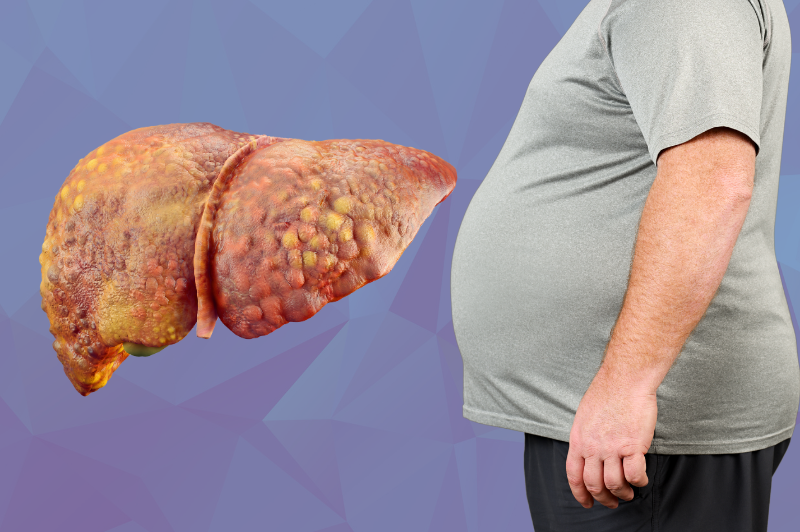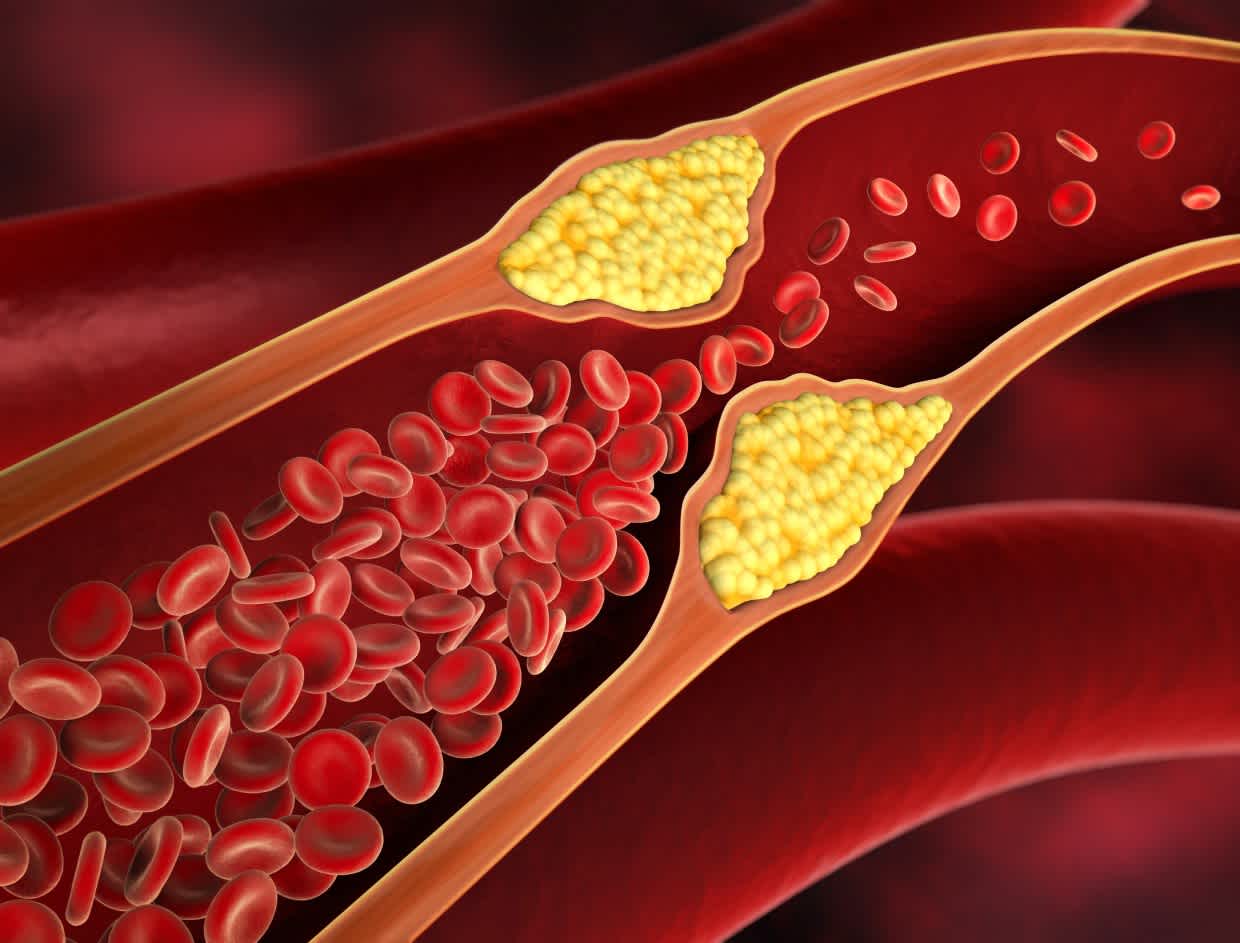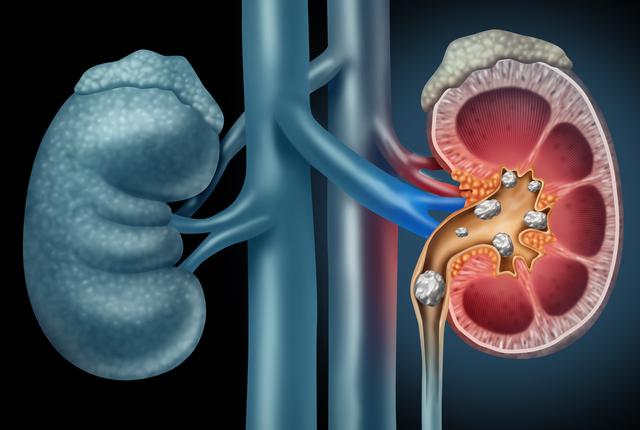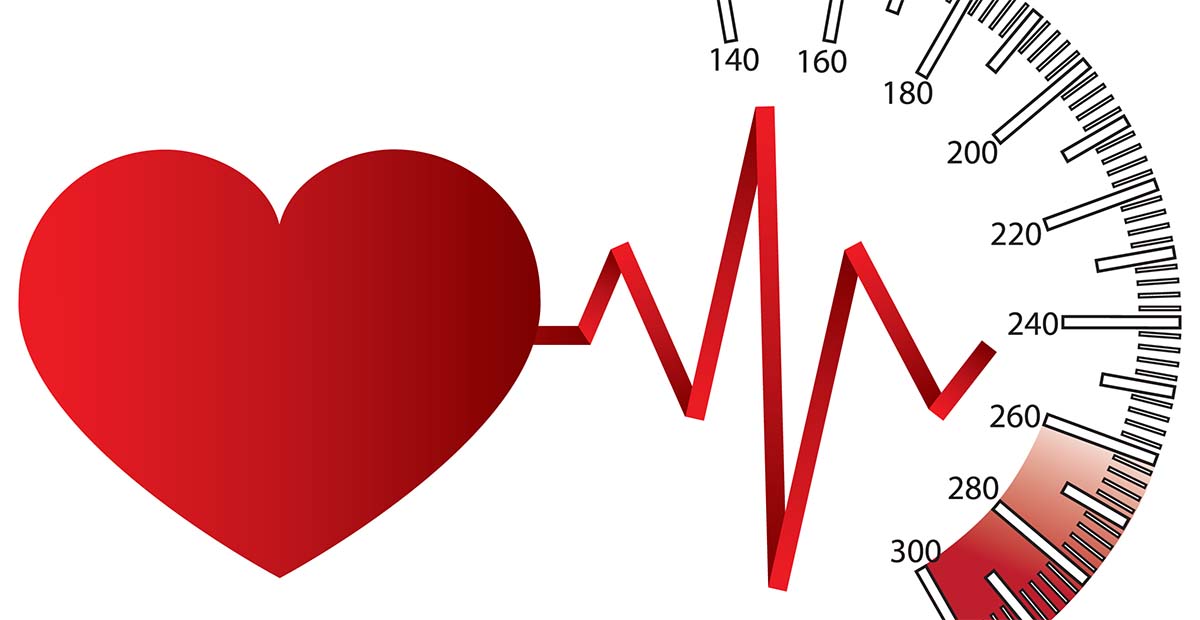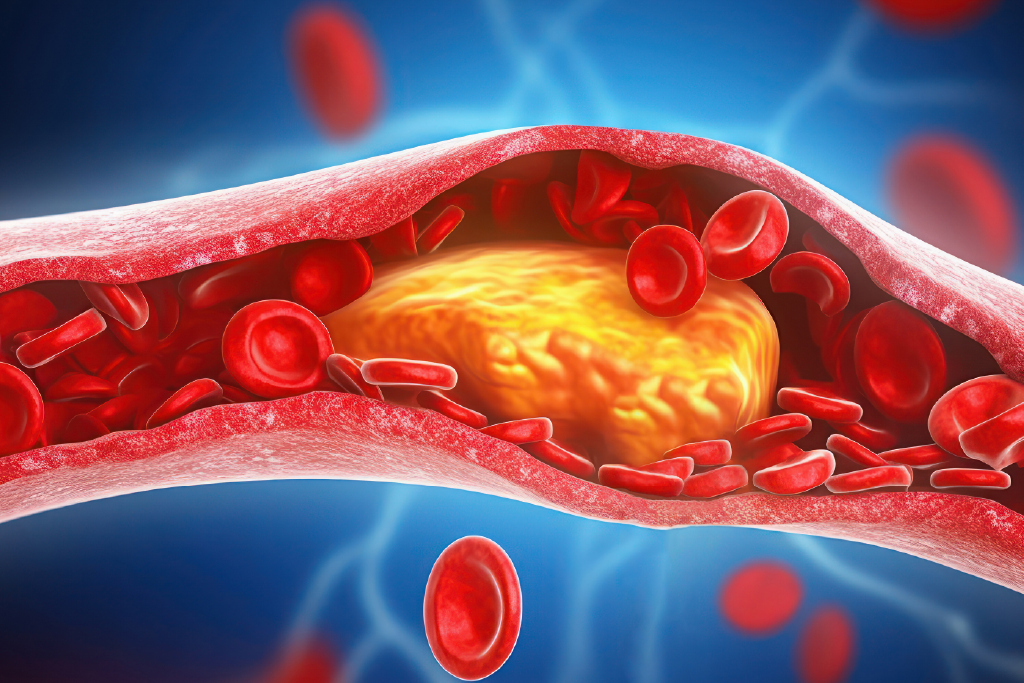The Diabetes Time Bomb in Singapore’s Youths
A major international review published in Diabetologia has sounded the alarm on the rising tide of diabetes among young people worldwide. Singapore, often seen as a model for public health, is not immune to this trend. In fact, the city-state faces a unique set of challenges as diabetes increasingly affects its youth, with early-life factors playing a decisive role in shaping lifelong risk. The Scale of the Problem in Singapore Diabetes is...
The Hidden Connection between Diabetes and Fatty Liver Disease
Diabetes and fatty liver disease are two of the most common chronic health conditions in Singapore, and their prevalence is rising rapidly. While they may seem like separate issues, research has shown a strong and complex link between the two. Understanding this connection is crucial for early intervention, better management, and the prevention of serious complications. What is Fatty Liver Disease? Fatty liver disease, also known as hepatic steatosis, occurs when excess...
Diagnosed Too Late: How Innovation Is Changing the Face of Diabetes Detection
Diabetes is often called a “silent disease” for good reason. In Singapore, a significant number of people are diagnosed with diabetes only after complications have set in—when damage to the eyes, kidneys, nerves, or heart has already begun. This late diagnosis not only makes management more difficult but also increases the risk of serious, lifelong health problems. However, with the advent of continuous glucose monitoring (CGM), including innovative solutions like...
Silent but Inherited: The Risks and Realities of Genetic High Cholesterol
When most people think of high cholesterol, they picture unhealthy diets, lack of exercise, or ageing. However, for many, high cholesterol is not just a result of lifestyle—it can be inherited. In Singapore, a new national programme is shining a spotlight on genetic cholesterol conditions, offering hope for early detection and better management. One of the most common inherited cholesterol disorders is familial hypercholesterolaemia (FH). This genetic condition causes dangerously high...
The Hidden Dangers of High Uric Acid: More Than Just Gout
When most people hear about high uric acid, they immediately think of gout—a condition infamous for causing sudden, severe pain in the joints, often the big toe. However, the reality is that elevated uric acid, or hyperuricaemia, is a much broader health concern. It is a silent, often overlooked risk factor that can quietly undermine your health, even if you never experience a single gout attack. [caption id="attachment_12850" align="alignright" width="300"] Credit:...
Hypertension is Not Just an Older Person’s Problem!
When most people think of high blood pressure, or hypertension, they picture older adults. However, a worrying trend is emerging: hypertension is increasingly being diagnosed in young people, including teenagers and even children. This silent condition, often without obvious symptoms, can have lifelong consequences if not recognised and managed early. Understanding Hypertension in the Young [caption id="attachment_12842" align="alignleft" width="300"] Credit: Health365.sg[/caption] Hypertension is defined as consistently elevated blood pressure above the normal range...
High Blood Glucose: How It Triggers Serious Health Issues in Women
Diabetes is often called a “silent” disease, especially as its early symptoms can be subtle and easily mistaken for everyday stress, hormonal changes, or simply the effects of ageing. Yet, undiagnosed or poorly managed diabetes can have a profound impact on a woman’s health, affecting everything from heart and kidney function to fertility and mental wellbeing. The Scope of the Problem in Singapore Diabetes is a significant health concern in Singapore. While...
The Viral Carnivore Diet: New Study Warns of Serious Kidney Risks
The carnivore diet, which has surged in popularity for its supposed weight loss and mental health benefits, is now under scrutiny after a recent study linked it to a dangerous kidney condition. This diet, which eliminates all plant-based foods in favour of animal-derived products, is high in fat and cholesterol but extremely low in carbohydrates and fibre. While some followers claim it helps with weight loss and inflammation, health experts...
High Cholesterol: The Silent Threat and How to Spot the Warning Signs
High cholesterol is often dubbed a “silent condition” because it rarely presents obvious symptoms, yet it significantly increases the risk of heart attacks and strokes. In Singapore, the prevalence of high blood cholesterol (hyperlipidaemia) among adults aged 18 to 69 has risen sharply in recent years, with the latest figures showing that about 39% of adults are affected—a substantial increase from 26% just a decade ago. Many Singaporeans remain unaware...
Are You Getting Enough or Too Much Protein? Protein is Good for You BUT…
Protein: it's the nutrient everyone's talking about in Singapore. From protein-boosted kopi at your local hawker to a dizzying array of protein bars at the supermarket, it's hard to escape the hype. But before you reach for that extra scoop of protein powder, let's get real. Yes, protein is essential, BUT...


